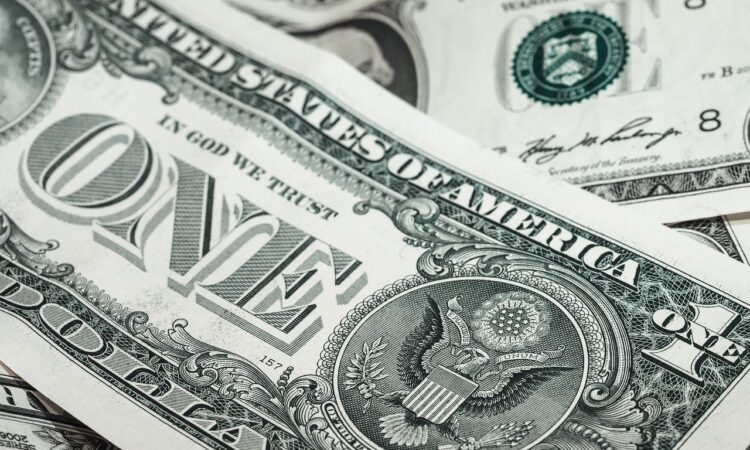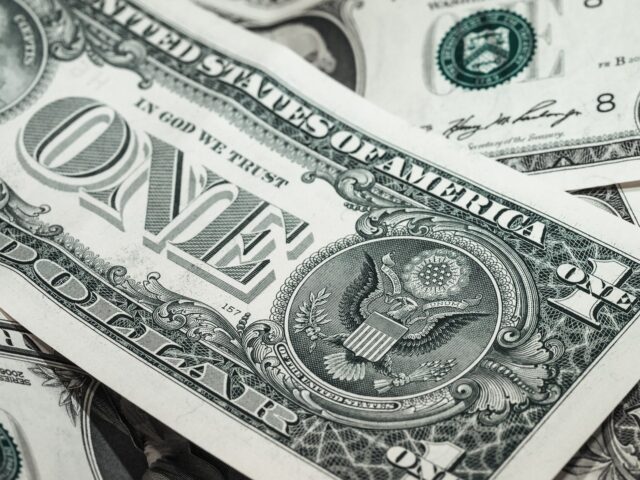

Geopolitical Report ISSN 2785-2598 Volume 30 Issue 4
Author: Habib al-Badawi
Oil transactions between Saudi Arabia and China could be denominated in the Chinese yuan, a significant development in the evolving international economic and geopolitical landscape. If this move happens, it could have far-reaching implications for the US dollar’s status as the dominant global currency, as well as for US-Saudi relations and broader regional dynamics in the Middle East.
It remains to be seen how this will play out, and much will depend on a range of factors, including the intentions and actions of both Saudi Arabia and China, as well as the responses of other key regional actors, including the United States. As the global order shifts, monitoring these developments and their implications for international relations, economics, and security will be imperative.
Saudi and Chinese officials are considering pricing some oil sales in the Chinese yuan instead of the US dollar following the US-Russia confrontation in Ukraine. It is evident in the global conflict arena that Beijing is positioning itself to inherit Washington as a pivotal pole.
This controls worldwide politics, markets, and exchanges. Suffice it to say that the United States of America (itself) is indebted to the People’s Republic of China, so the US-China trade war erupted under former President Donald Trump, or the so-called “tariff battle” and the imposition of investment restrictions between the two countries. China’s dominance of global financial markets continues dangerously. Beijing’s investments include stakes in New York-based financial institutions.
In the Arab region, economic ties between Beijing and Riyadh have grown exponentially in recent decades. China is the Kingdom’s largest trading partner, mainly because it buys 25% of all Saudi Arabia’s oil exports. The Kingdom is a key pillar of China‘s Belt and Road Initiative and ranks first among the top three countries globally in Chinese construction projects.
A move to conduct oil transactions with China in the yuan would represent a profound shift in the oil market. Sales are conducted in dollars, and all financial transactions for Saudi Arabia are exclusively in dollars. If the “switch” is made, Riyadh will support Beijing’s efforts to convince more countries and international investors to deal in its currency. Saudi Aramco, the world’s largest oil producer, has entered an investment partnership to develop a facility that includes a major refinery and an integrated petrochemical complex in northeastern China.
The Chinese yuan jumped to its highest level on Tuesday after a Dow Jones report corroborated previous reports. The offshore yuan rose 0.1% to 6.3867 against the dollar, close to the Asian session peak. Before the report’s release, the Chinese currency fell 0.3% in US trading.
The US dollar has dominated the global financial system as a medium of exchange since World War II. Besides allowing the US to print Treasury bills and sell its debt globally, the dollar’s superiority is the main reason the US can impose tough sanctions on countries like Russia today, which will exclude Moscow from international financial transactions as the dollar dominates the global market.
China highlighted its currency, the yuan, in oil contracts in 2018, but its efforts failed to curb the dollar’s dominance on global markets. Beijing has also struggled to use the dollar because of sanctions imposed on Iran over its nuclear activities and Russia’s invasion of Ukraine. Efforts to replace the dollar with the yuan are expected to gain further momentum from countries that reject “Uncle Sam’s arrogance”, especially among the adversaries and enemies of the United States. As part of these efforts, Russia has been prevented from selling foreign currency in its reserve stock.
The Saudis, for their part, favour switching to the yuan because the Kingdom could use part of the proceeds from the new currency to pay Chinese contractors involved in large projects inside the country, reducing the risks associated with Beijing’s capital controls on its currency. The two countries have been discussing yuan-denominated oil contracts since 2016 but have recently advanced against the backdrop of growing Saudi concerns about Washington’s commitment to supporting the Kingdom in security and militarily.
On the US side, President Joe Biden’s administration is in the final stages of negotiations with Iran aimed at reviving the 2015 nuclear deal, as Riyadh opposed the original agreement and even supported the decision of former President Donald Trump’s administration to withdraw from the agreement in 2018, and then Washington imposed debilitating sanctions on Tehran.
Saudi Arabia is “seeking to strengthen and deepen its relationship with Beijing amid a geopolitical shift in the Middle East” as China and Russia look to expand their influence in Asia and the region. Saudi Crown Prince Mohammed bin Salman and the Chinese president are “close friends, and both recognise that there is huge potential for stronger relations“, a US source familiar with the matter said, adding that it is not about buying oil from the Kingdom and weapons from China, but also about a strategic vision to foresee the future of upcoming alliances.
Conclusion
Predicting whether Saudi Arabia will switch to the Chinese yuan from the US dollar is difficult. While there have been discussions between Chinese and Saudi officials about yuan-denominated oil contracts since 2016, there are many factors at play in this decision, including the geopolitical relationship between Saudi Arabia and the United States, the global dominance of the US dollar, and the potential risks associated with Beijing’s capital controls on its currency.
However, economic ties between Beijing and Riyadh have grown significantly in recent years. China is the Kingdom’s largest trading partner, while Saudi Arabia is a key player in the Belt and Road Initiative. Saudi Arabia’s desire to strengthen its relationship with China amid a geopolitical shift in the Middle East and China’s efforts to expand its influence in the region could also play a role in this decision.
It is unclear what the United States’ response would be if Saudi Arabia switched to the Chinese yuan from the US dollar for oil transactions. However, the United States might see this move as a threat to its economic and geopolitical interests, as the US dollar’s dominance as a global currency is a significant source of power and influence for the White House.
The US government may prevent or mitigate such a move by imposing economic sanctions on Saudi Arabia or adopting other diplomatic measures. However, it is also possible that the US may choose to pursue a more cooperative approach, recognising China’s growing importance in the global economy and seeking to maintain positive relations with both China and Saudi Arabia. Ultimately, Washington’s response would depend on a range of factors, including the specific circumstances of any potential move by the Saudi leadership to switch to the Chinese yuan.
Ultimately, switching to the yuan would represent a significant shift in the global oil market. It could have implications for regional powers like Tel Aviv, Tehran, Ankara, and the victimised Beirut. However, it is imperative to note that this is just one potential scenario in an evolving global order. The outcome will depend on various factors and decisions by multiple players in the international community.
Will we see an Arab role in forming innovative international alliances in a “multipolar world” given the possibility of a “reformed world order”? With its young leadership, can Saudi Arabia adapt to an evolving global order? What will be the American response? What are the implications for regional powers (Israel, Iran, Turkey)?
Disclaimer. The views and opinions expressed in this report are those of the author and do not necessarily reflect the official policy or position of SpecialEurasia.



